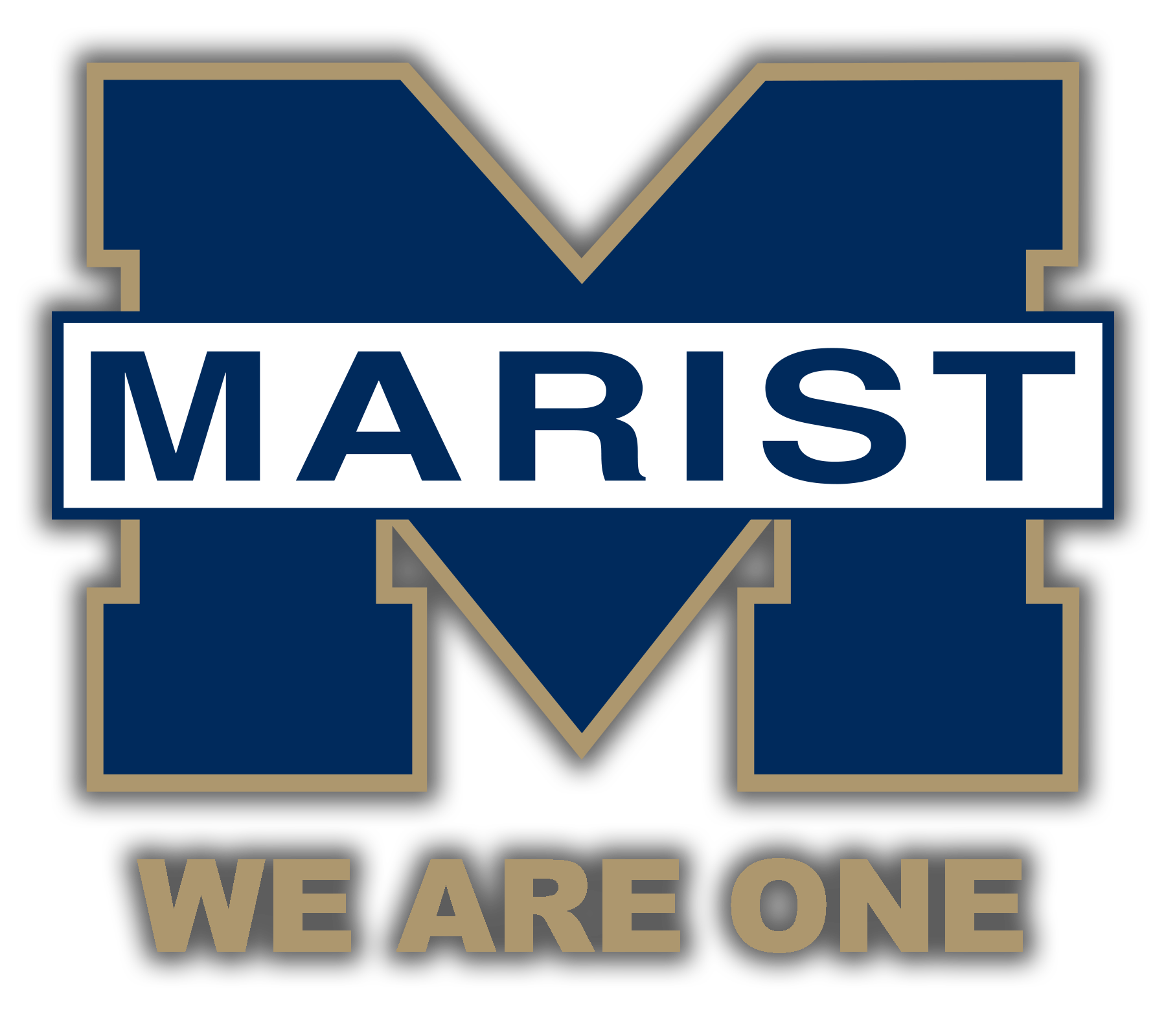Counseling at Marist
|
What we do
The essential function of the Counseling Department is to assist the Marist student in profiting from the educational experience of Marist Catholic High School and to help him/her plan realistically for the future. How To Meet With a Counselor Students may consult counselors to help with course selection, test interpretation, academic difficulties, and career and college planning as well as to seek help in overcoming personal and family difficulties that may impede their academic progress. Students need to be in the classroom to focus on academics. Most problems between students can be worked out during breaks and free time. At no time is it recommended that a student leave class to wait for the counseling staff to return or become available. If a student comes to the Counseling Office and the counselor is unavailable, the student must return to class. If he/she is in emotional crisis or otherwise cannot remain in class and a counselor is unavailable, the student is to report to the Attendance Secretary or the Dean of Students. Students are released to see their counselor under one of the following conditions: ● A counselor comes to the classroom and obtains teacher permission to see the student; ● The teacher sends a student to the counseling office with a signed pass, which is co-signed by the counselor indicating the time that the student is being sent back to class; ● The student is referred by a member of the administration; ● A counselor sends a request form to the classroom to see a student and the teacher gives permission. Duty to Warn State law (ORS 419B.005 through 419B.045) requires the counseling department and all school personnel to report any behavior, suspicions or student reports of: physical abuse, sexual abuse, emotional abuse, abandonment or neglect to the Oregon State Office, Department of Human Services. Confidentiality Statement Information disclosed by a student in a counseling session is confidential within the department. This information will not be released or discussed with teachers, parents, administrators or others without the consent of the student and/or parent. There are four exceptions as provided by Oregon State Law: 1. Duty to report any suspicious behavior or student abuse, abandonment, or neglect to the Oregon State Office, Department of Human Services as required by law; 2. Reporting information to persons outside the school when a student indicates that a crime involving the significant personal injury or significant property loss will or has been committed; 3. Reporting to one or more specific persons or agencies in a written release of information that has been read and signed by the student and preserved in the student's counseling file; 4. Disclosing information deemed to be confidential when ordered to do so by a court of law. Testing Program In addition to personal, individualized guidance and counseling, a variety of large and small group meetings are provided by the department to disseminate important information for the student's progress and planning for both the present and the future. With the assistance of the faculty and the administration, the department conducts an extensive testing program for preliminary career and educational planning, as well as meeting the immediate requirements of higher education. The testing program is as follows: 9th grade: EXPLORE (Preliminary ACT) - Test day in April 10th grade: PLAN (Preliminary ACT) - Test day in April 11th grade: PSAT (Preliminary Scholastic Aptitude Test) - Test day in October; ACT - Test day in April 12th grade: SAT I; ACT; SAT II (Arranged by the student off-campus) |
“I know that Marist has prepared me to be able to face any challenge in the future. I am blessed to be a part of this community.”
– Austin ('18) |

